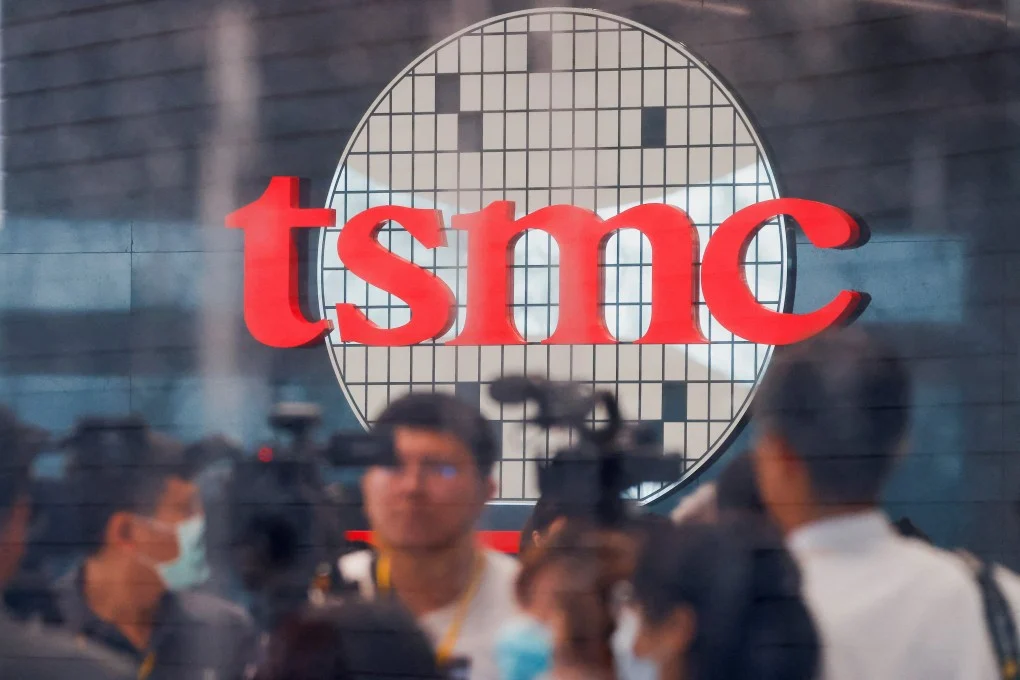Taiwan Semiconductor Manufacturing Co. (TSMC), the world’s largest contract chipmaker, has reportedly informed Chinese chip design companies that it will suspend the production of their most advanced artificial intelligence (AI) chips starting Monday, November 11. According to a report by the Financial Times, TSMC has made this decision in response to increased regulatory pressure from the U.S. The move is said to affect the manufacturing of AI chips based on process nodes of 7 nanometers or smaller, which are critical for cutting-edge AI applications.
The suspension of these high-performance chips, which are used for AI training and other sophisticated tasks, comes amid escalating tensions between the U.S. and China over technology and security concerns. TSMC’s decision will impact Chinese companies that rely on the company’s advanced manufacturing capabilities to produce some of the world’s most powerful AI processors. These chips are central to the development of AI models that can power everything from autonomous vehicles to high-performance computing tasks.
The U.S. government has long expressed concerns over China’s growing capabilities in artificial intelligence, particularly its potential use in military applications or to advance bioweapon research and cyber warfare. In light of these concerns, Washington has imposed a series of measures aimed at restricting the flow of advanced semiconductor technologies to China. This includes regulations designed to limit the shipment of advanced graphics processing units (GPUs) and other AI chips that are crucial for training large-scale AI systems. The measures are seen as part of a broader strategy to curb China’s technological rise and maintain U.S. dominance in key fields.
TSMC’s suspension of advanced AI chip production for Chinese clients marks a significant development in the ongoing global tech rivalry. It underscores the growing influence of U.S. policies on global semiconductor supply chains, particularly as companies like TSMC, which is headquartered in Taiwan, find themselves navigating complex geopolitical pressures. The decision also raises questions about the future of China’s AI ambitions, as it now faces increased difficulty in securing the critical hardware needed to advance its AI capabilities.

















